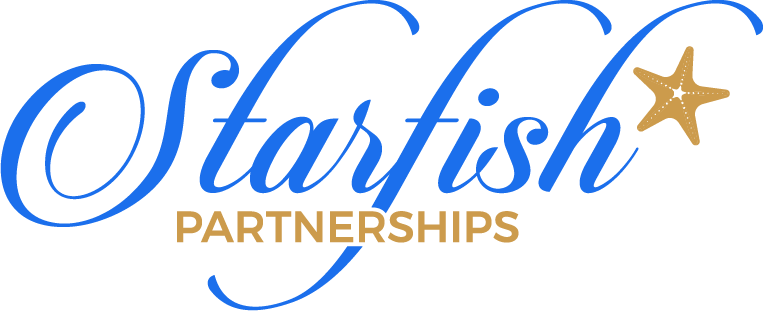Boardroom Etiquette
In the boardrooms, where decisions shape the future of organizations, mastering the art of boardroom etiquette is important for success. Drawing from my experience leading the Walton Chamber and serving on nonprofit boards, I've have a few key insights to help you navigate board meetings and contribute meaningfully to your organization's success.
Preparation is key. Arrive at meetings well-prepared, having reviewed the agenda and any relevant materials. This demonstrates your commitment and ensures you can contribute meaningfully to discussions. Respect the agenda by keeping discussions focused and avoiding tangents. If you have additional topics to discuss, save them for the appropriate time.
Active listening is so important. Pay close attention to what others are saying. Avoid interrupting and seek clarification if needed. Active listening fosters constructive dialogue and ensures everyone's perspectives are heard. Maintain a respectful tone when expressing your opinions. Disagreements are natural, but they should be handled with professionalism and courtesy. Avoid personal attacks and focus on the issues at hand.
Participation and engagement are a must. Engage actively in discussions and offer your insights. However, be mindful not to dominate the conversation. Encourage input from other board members to ensure a diverse range of perspectives. Respect everyone's time by adhering to the meeting schedule. Be punctual and avoid unnecessary delays. If a discussion is taking too long, suggest tabling it for a future meeting to keep things moving smoothly.
Maintain confidentiality regarding sensitive board matters. This fosters trust among board members and ensures that sensitive information remains protected. Follow through on commitments. If you agree to take on a task or follow up on an issue, ensure that you fulfill your commitments in a timely manner. This demonstrates reliability and accountability.
Professionalism should be a constant. Dress appropriately for board meetings and maintain a professional demeanor. Your conduct reflects on the organization, so it's important to uphold high standards of professionalism. Familiarize yourself with Robert's Rules of Order to ensure meetings are conducted efficiently and fairly. Keep minutes short and focused on actions taken. This helps maintain clarity and ensures everyone is on the same page regarding decisions made.
After each board meeting, take some time to reflect on what went well and what could be improved. Continuous learning and self-improvement are key to becoming a more effective board member. Boardroom etiquette is not just about following rules; it's about fostering a culture of respect, collaboration, and professionalism that benefits everyone involved as well as the organization.
